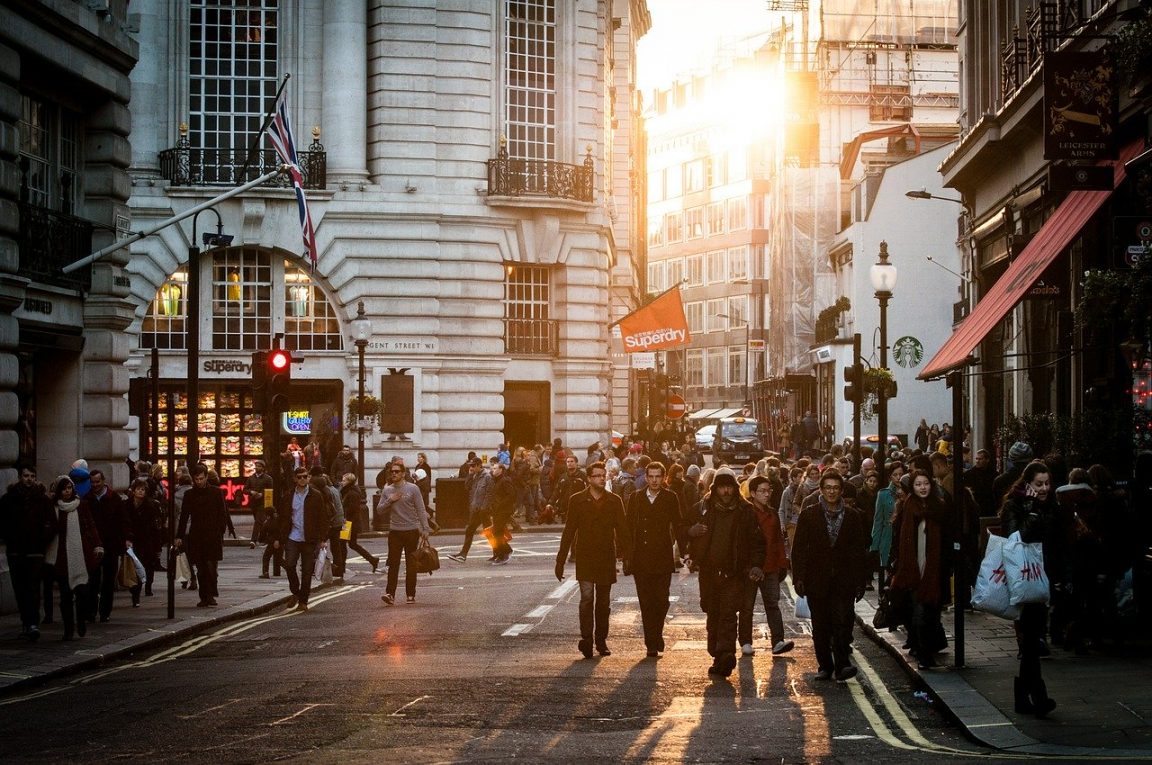One core principle lies at the foundation of contemporary, liberal democracies: justice. Today this seems so obvious to be unquestionable. What else could guarantee the smooth interactions among ever larger and more complex groups of people, if not justice in its various distributive and retributive incarnations?
Yet the answer, a long time ago, was different. It was toleration.
The Thirty Years War, between 1618 and 1648, was really World War Zero. It was one of the most destructive and prolonged conflicts in the history of Europe, involving Protestants and Catholics across the Holy Roman Empire, by then moribund and balkanized. When the war ended, it gave rise to what is known as the Westphalian system of national states, which more or less directly became the blueprint for much of our contemporary world.
John Locke. Credits: Fee.org
The war also made philosophers like John Locke realise that what was needed most, as a social cohesive force, was toleration because only toleration, Locked argued, could deliver peace, and peace was paramount. Locke’s A Letter Concerning Toleration was published in 1689. Fast-forward 170 years and, in 1859, John Stuart Mill still agreed with Locke, adding, in his essay On Liberty, that toleration could also deliver liberty. Buy one, toleration, get two more free, peace and liberty. It seemed an irresistible bargain. Yet Immanuel Kant had already shown that society could be even thriftier. In his Toward Perpetual Peace, published in 1795, he had argued that all you really needed to buy was justice, for this could deliver toleration and, following Locke and (later) Mill, this would deliver peace and liberty.
The recipe for modern, liberal democracies had been served. From Kant to John Rawls, justice rather than toleration became the cornerstone of western societies, the mother of all ethical principles for the design of a better political world. Until today, that is. For the Westphalian system is now being eroded: the territoriality of the law is often an obstacle to deal with online issues, and sovereign states are increasingly challenged as the only pieces on the international chessboard of politics, think for example of the Sunni Islamist rebel group misnamed Islamic State of Iraq and the Levant (ISIL). Meanwhile, religious and ethnic fanaticism has reappeared in all its ugliest forms: discrimination, violence, terrorism, war. Everywhere, the immensity of the suffering is matched only by its futility.
L’ultima vignetta della rivista satirica Charlie Hebdo e a sinistra l’autore e direttore del giornale rimasto ucciso
The terrorist attack against the Paris office of Charlie Hebdo, a French satirical weekly newspaper, on 7 January, was a barbaric reminder. In a globalised and constantly connected world, where conflicting ideas and values, as well as inhomogeneous habits and traditions, can more easily rub each other up the wrong way, the recipe that has served us so well for so long may be in need of some improvements. It might be time to re-think the Enlightenment project of a society grounded solely on justice, which tends to be interpreted differently by different people. We need to rediscover toleration as the most fundamental pillar of our shared existence. In mature information societies, where you know more about your neighbour than you ever wished, and mad people of all stripes can broadcast themselves anytime anywhere, toleration is essential to ensure the peaceful resolutions of conflicts and the fruitful collaborations about shared projects. We Europeans have learned this lesson at a very high price, by slaughtering each other for millennia.
There is of course a reason why toleration was replaced by justice during our modern history. It was because one can indeed have too much of it.
If you are always tolerant towards anyone and anything, justice becomes meaningless and you end up undermining the very foundation on which a fair society may be built. To put it simply: you cannot be unconditionally tolerant towards the intolerants without at some point becoming unjust towards the victims of the intolerants’ actions, as Locke already knew, when warning his fellow citizens against the Catholics. Yet today justice by itself may be equally problematic, for a Kantian world in which “fiat justitia, pereat mundus” (“let there be justice, though the world perish”) soon becomes an intolerant one, which makes peace unachievable. The world does perish if conflicting interpretations of justice are the only criterion to judge human actions. We see this in the Palestinian territories, where tit for tat continues to undermine any chance of a peaceful cohabitation.
So, before we apply justice, anyone’s justice, we need to exercise more toleration toward each other, albeit with moderation.
This means ensuring that any act of toleration does not force others to tolerate the tolerated. In other words, society should tolerate any action of which it disapproves, as long as this does not force others to put up with the consequences. It follows that we should be radically intolerant against all kinds of terrorism and anyone theorising or fostering violence, because they are not exercising their freedom but rather crashing the lives and liberties of others. Yet we should also be more tolerant and firmly respectful towards cultures, religions, beliefs and sensitivities that we may dislike, for this is the only way forward toward a peaceful world.
It has been remarked that the horrific, terrorist attack against Charlie Hebdo was an attack against freedom, and in particular freedom of speech. I disagree, not because this is not true, but because it is not the important truth.
Keep digging and it becomes clear that the barbaric act was even more inhumane than it already seemed. For it sought to undermine something more profound than freedom of speech, namely toleration, the most basic condition of possibility of any social interaction. To destroy toleration and any civility that comes with it, the terrorists attacked freedom of speech and murdered many innocent people. Yet freedom of speech itself remains collateral damage. It would be a mistake to react to such abominable attack with increased intolerance or disrespect towards values or ideas that we do not share or positively dislike.
Una delle tante manifestazioni a seguito dell’attentato. Credits: Gds.it
Of course justice must be done. But the long-term solution to uproot terrorism cannot be tougher justice at all costs. It must be more toleration, deeper respect, more mutual understanding. Terrorists will have achieved their goals if the backlash of their infamous actions will be social polarization and cultural crusades. We all have the right to go to hell our own way, as long as each of us goes unaccompanied.
LUCIANO FLORIDI



